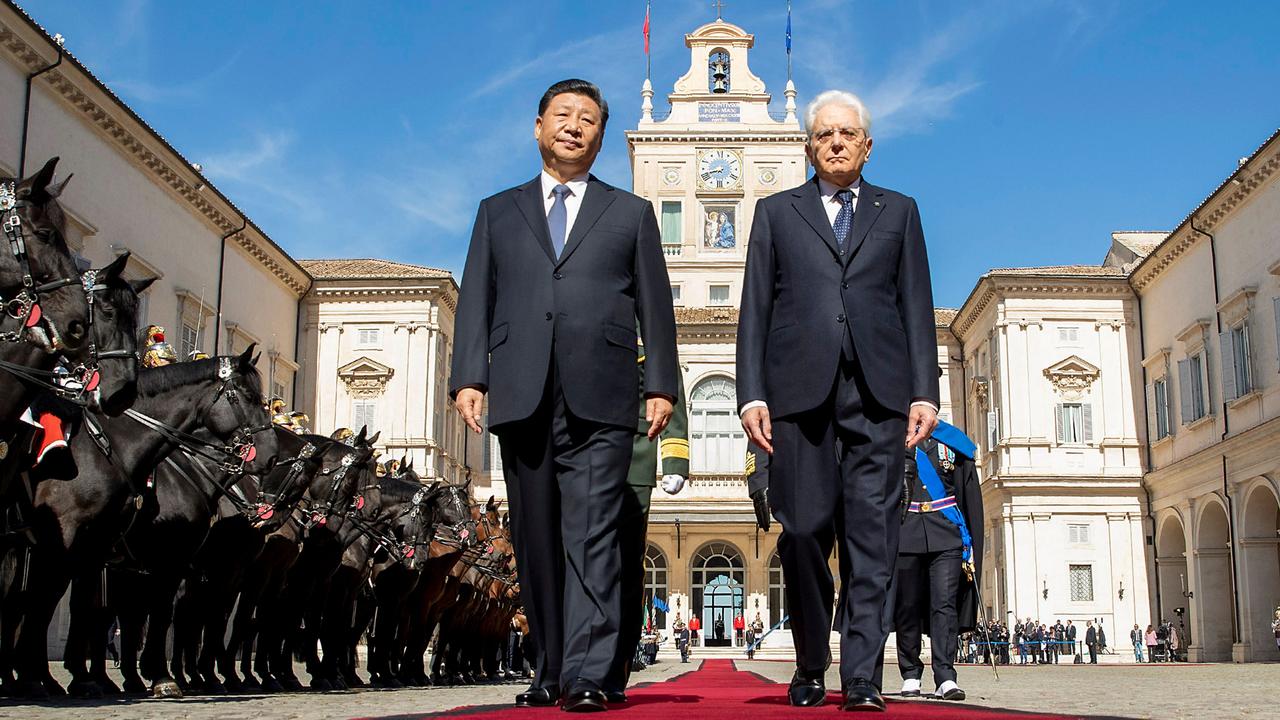Is the Chinese state gunning for Australia following the government’s announcement of legislation on foreign interference?
Leaving aside the fulminations of Global Times, which glories in each click from outraged online readers, the core response has come from the Foreign Ministry, whose spokesman Geng Shuang commented on the issue in two successive daily briefings.
He made two main points, urging Australia to “discard bias” and denying “any intention to interfere in Australia’s internal affairs”.
The Chinese embassy in Canberra issued a statement echoing these remarks while adding a separate strong attack on “some Australian media” whose reports, it said, were made up, were “filled with Cold War mentality and ideological bias, and reflected a typical anti-China hysteria and paranoid”, and were tainted with racial prejudice.
Very strong words.
They reflect an understandable frustration, coming from a country in which the media, including social media, is highly controlled by central state institutions.
The Chinese response to the past 18 months’ coverage in Australia of the “Chinese interference” debate is that the media has somehow been unleashed and encouraged by the Australian government to pursue the issue. And if it is behaving autonomously, perhaps — the thinking might go — it is time to find a way to rein it in since national interest issues, chiefly the country’s economy, its prosperity underwritten by China, should be pre-eminent.
The Chinese context is a surge of ambition, especially since President Xi Jinping’s ascendance was reinforced at the 19th Communist Party congress, to become the global leader as the US appears to withdraw. A Xinhua commentary has described China “regaining its might and re-ascending to the top of the world”.
The continuing strength of Australia’s alliance with Washington is frustrating in this context, as is its apparent ingratitude for its economic relationship with China, often characterised as being chiefly for the benefit of Australia.
The response by Beijing to the foreign affairs white paper released a fortnight ago was muted, although critics of Canberra attacked its support for participation in the “quadrilateral” dialogue with India, Japan and the US, and its use of the term “Indo-Pacific”.
Some among China’s international affairs cohort are inevitably influenced by the way in which history is taught there — with a powerful focus on China as a victim, as the unique target of a “century of humiliation” from the first Opium War with Britain to the success of the revolution in 1949, but prolonged somewhat after that by the Cold War between Western and communist blocs.
Influential Chinese commentators believe international relations issues are inevitably “all about China”. Changes to Australia’s foreign investment regulations, for instance, tend often to be perceived as targeted against China, although some of the biggest knock-backs of planned overseas investments in the last couple of decades have been of American and British/Dutch companies.
It did not help that the media discussion involving Malcolm Turnbull and his team of the proposed new legislation was entirely conducted within the frame of questions about China. The government should have either explained clearly why China is being targeted, if this is the case, or stressed the legislation has universal application and results from broader issues, using examples from other sources of influence.
If official unease continues, Turnbull should consider deploying a well-regarded envoy, for instance John Howard, to Beijing to discuss the issues and explain the government’s position. For China has this year applied not only equally tough language but also sanctions, if “unofficial”, against other countries with which it has fallen out, notably South Korea.




To join the conversation, please log in. Don't have an account? Register
Join the conversation, you are commenting as Logout